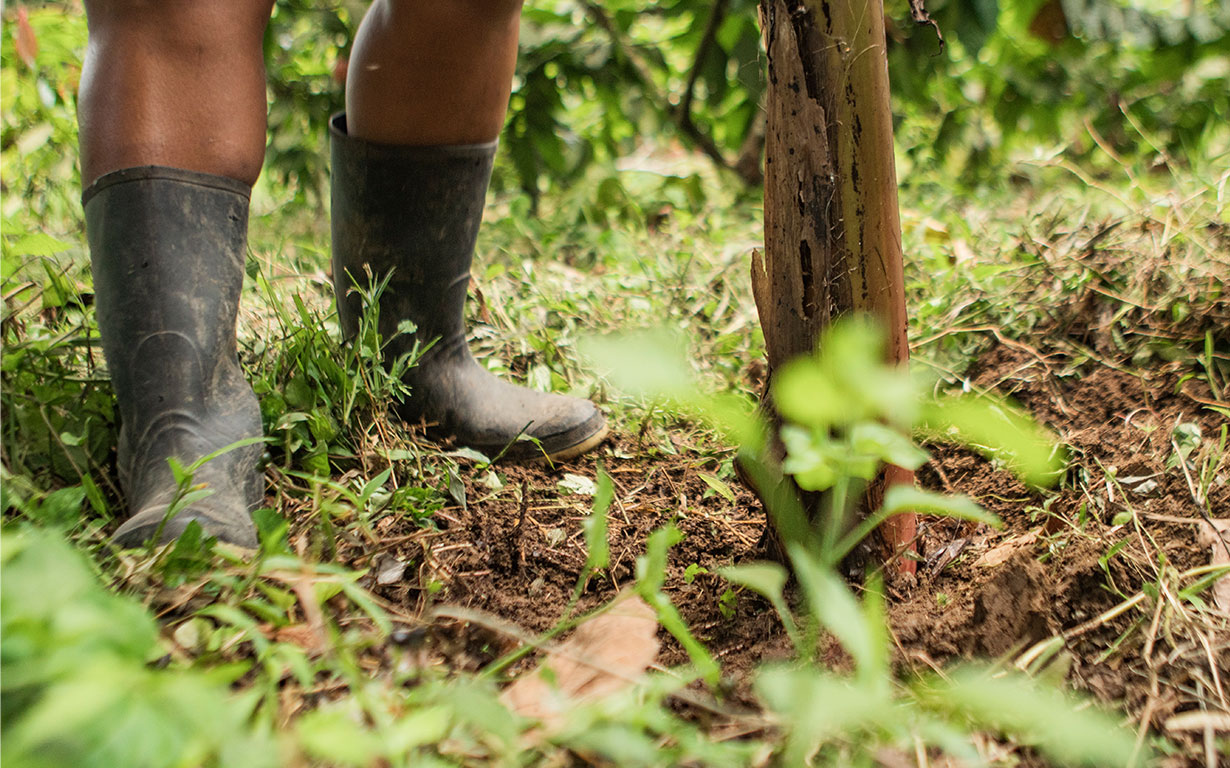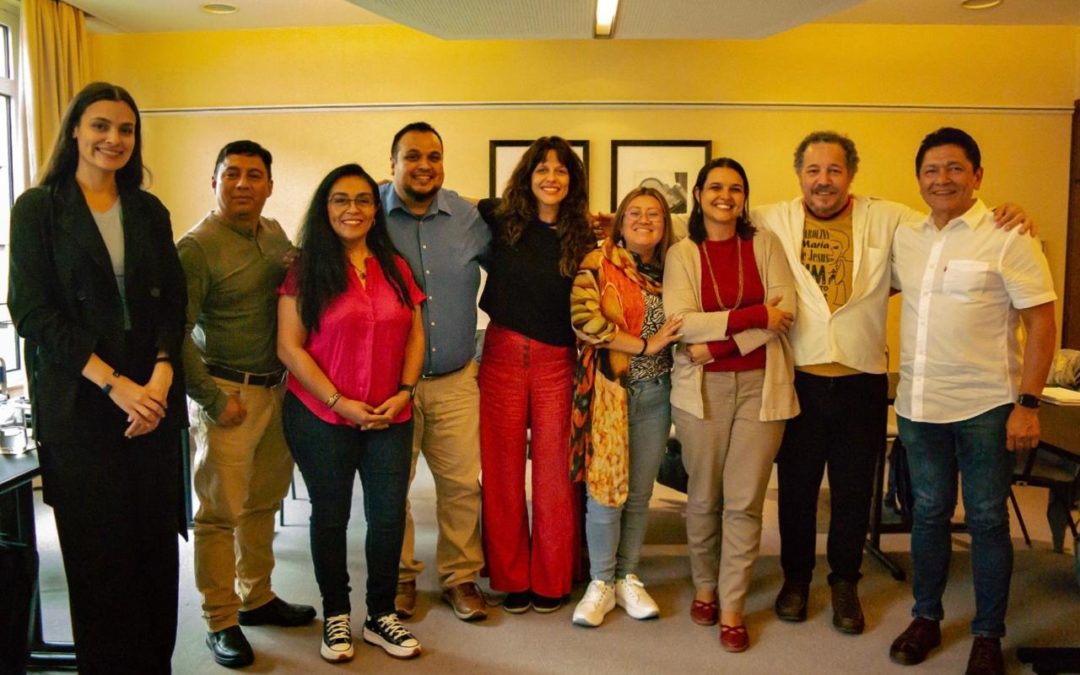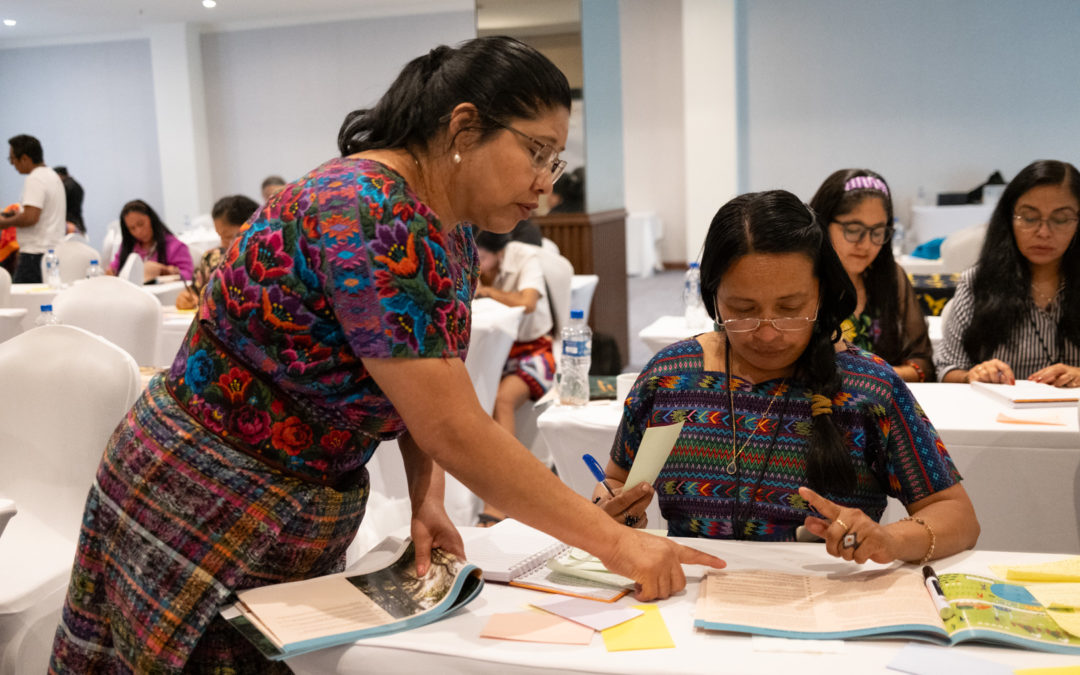A new report from the Intergovernmental Science-Policy Platform on Biological Diversity and Ecosystem Services (IPBES) indicates that, to be successful, policies for the sustainable use of wild species must include the participation of Indigenous Peoples and local Communities, value and take into account their traditional knowledge. The prestigious body highlights that territorial rights create the necessary conditions for this sustainable use.
The document explores the use of wild species by indigenous peoples and local communities, as well as their extensive body of knowledge, practices and beliefs about this use. Indigenous peoples manage fishing, harvesting, exploitation of terrestrial animals and other uses of wild species on more than 38 million km2 of land in 87 countries, which is equivalent to around 40% of the terrestrial areas conserved. The Report finds that policies that support secure tenure rights, equitable access to land, fisheries and forests, as well as poverty alleviation, create favorable conditions for the sustainable use of wild species.
In addition, it concludes that policies that support land and sea tenure, as well as rights of access to resources, generate the conditions for a more sustainable use of wild species.
The report offers perspectives, analysis and tools to establish a more sustainable use of wild species of plants, animals, fungi and algae from all over the planet. Sustainable use occurs when biological diversity and ecosystems are kept functioning while contributing to human well-being.
The study indicates that billions of people, in both developed and developing countries, benefit daily from the use of wild species for food, energy, materials and medicines, for recreational activities, for inspiration and for many other contributions. that are fundamental to the well-being of human beings. With a million species of plants and animals threatened with extinction, the accelerating global biodiversity crisis puts at risk the ways in which people benefit from wild species.
As part of its assessment, the report reviews policies and tools that have been used in various contexts regarding the sustainable use of wild species. Seven key elements are presented that could be applied to promote the sustainable use of such species if extended across practices, regions and sectors:
- Policy options that are inclusive and participatory
- Policy options that recognize and support diverse ways of knowing
- Policy instruments and tools that ensure a fair distribution and
- equitable cost and benefit
- Context-specific policies
- Monitoring of wild species and practices
- Harmonized policy instruments at the international, national, regional and local levels,that maintain consistency and cohesion with international obligations and that take into account customary rules and regulations
- Strong institutions, including customary ones
The IPBES Assessment Report on the Sustainable Use of Wild Species is the result of four years of work, carried out by 85 renowned experts in natural and social sciences, holders of indigenous and local knowledge, as well as 200 collaborators, the which were supported by more than 6,200 sources. The summary of the report has received this week the approval of the representatives of the 139 Member States of the IPBES in Bonn (Germany).
What is IPBES?
The Intergovernmental Science and Policy Platform on Biodiversity and Ecosystem Services (IPBES) is an independent intergovernmental body established by States to strengthen the science-policy interface for biodiversity and ecosystem services for the conservation and sustainable use of biodiversity, long-term human well-being and sustainable development. It was established in Panama City on April 21, 2012 by 94 governments. It is not a United Nations agency. However, at the request of the IPBES Plenary and with the authorization of the UNEP Governing Council in 2013, the United Nations Environment Program (UNEP) provides secretariat services to IPBES. See here for more information on the history of IPBES.



